
 |
| (File photo) |
Key Words: Spring Festival; tradition; culture; celebration; world
Related:
>> Old photos: Spring Festival celebrations in the old times
>> Culture behind the Spring Festival customs
The customs and influence of the Spring Festival and people's attitudes toward it have changed deeply in an inconspicuous way over the past few decades.
The Spring Festival is the most important traditional Chinese festival, and has been given special emotional and cultural meanings. During the festival, family members gather together, visit friends and relatives, eat delicious food, and wear new clothes. These traditions have been passed on from one generation of Chinese to the next. The festival is also a good opportunity to offer sacrifices to ancestors, pray for good fortune and pass on traditions, and review social progress and economic development. It contains cultural codes familiar to Chinese, and is an important part of Chinese society's cultural memory. 
2013 Spring Festival Special
As dramatic social, cultural, and economic changes have occurred, the cultural symbols of the Spring Festival have also changed accordingly, though its ritual significance and core values remain unchanged. From visiting friends and relatives in person to paying New Year's calls via phone, micro-blogging, or mobile chat apps, information technology has changed the way people interact with each other. From China Central Television's dominance in holding Spring Festival galas to local television stations' competitive galas as well as online galas and migrant workers' galas, Spring Festival galas are unprecedentedly diversified. From fabulous fireworks displays to greater attention on personal safety and environmental protection, from sumptuous feasts to the "clear your plate" campaign, and from watching the Spring Festival gala with family at home to spending the festival with family at tourist attractions, people are becoming more reasonable and having more choices when it comes to celebrate the festival.


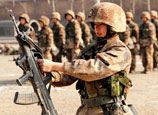
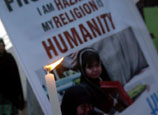
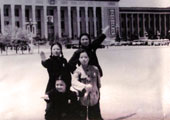
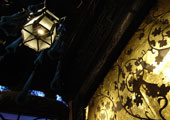
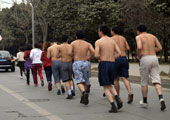

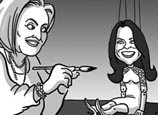








 At 75, he travelled in Europe; at 98, he got a master's degree; at 102, he published an autobiography.
At 75, he travelled in Europe; at 98, he got a master's degree; at 102, he published an autobiography.


![]()
